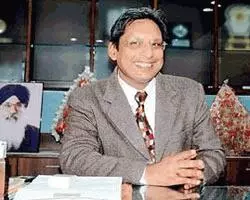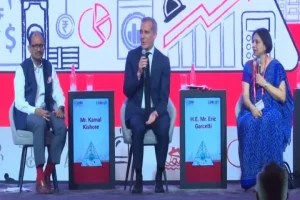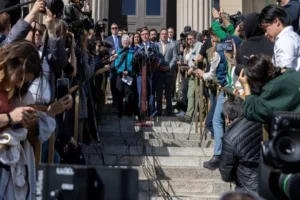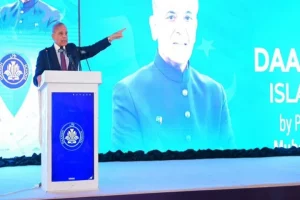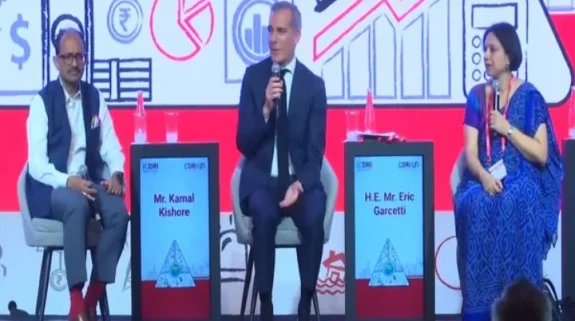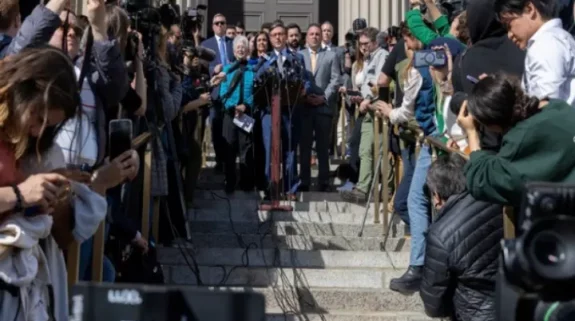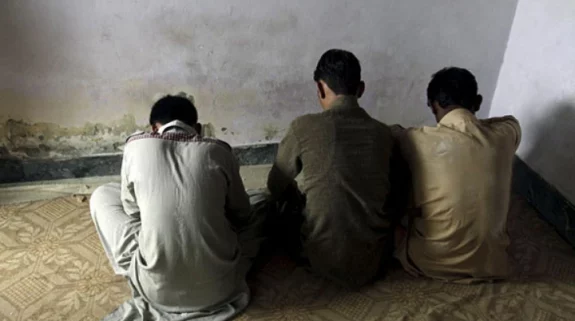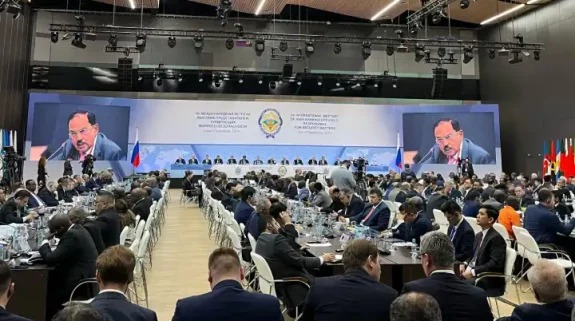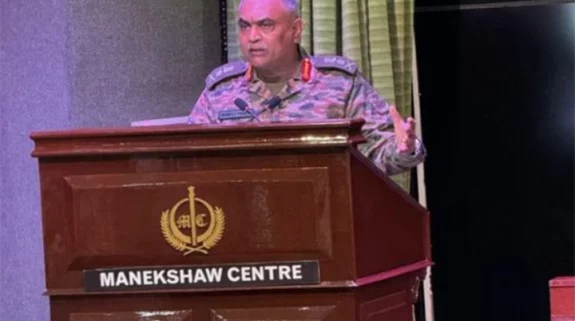Chandigarh: Political interference in the working of the Vigilance Bureau and the refusal of many of the 40 witnesses to support the prosecution case has led to the falling of a criminal case against 7 accused in the infamous Patiala land scam. This may ultimately result in the passing of prime land worth Rs 1200 crore, on which various government offices have been functioning over the last 80 years, into private hands.
Additional Session Judge, Patiala Ranjit Kumar Jain in his 67-page judgment acquitted all the accused who were booked in 2012 for fraudulently getting sale deeds mutated of about 6000 sq yards of land.
Intriguingly, the role of the then Patiala deputy commissioner Vikas Garg, an IAS officer, who was named as a co-accused in the case escaped judicial scrutiny of the court as the then Punjab government headed by Parkash Singh Badal did not grant prosecution sanction to the Vigilance Bureau for putting him on trial.
Garg was arrested by the Vigilance Bureau in March 2013 and had to spend around three months in jail. However, since the Vigilance Bureau did not get sanction from the Badal government to prosecute Garg, it was forced to file a cancellation report in his favour which the court accepted. Garg, who is now posted as Secretary, of the state Transport Department, thus did not face trial.
At the centre of the controversy are four “faulty demarcation reports” of contentious ‘khasra’ number 104 prepared by the revenue officers without following the Land Revenue Act and the explicit instructions issued by the office of the financial commissioner revenue from time to time.
The revenue department’s tools to measure land called field-book and the ‘musavi’ (Ladha) went missing from the records. As a result of this, four separate demarcation reports prepared by various committees under the directions of the High Court and the government were vitiated.
In the absence of the land measuring tools, the revenue department needed to move the civil court to get orders detailing from which historically “pucca point” the measuring be started, advocate Sumesh Jain representing the accused told indianarrative.com. But the department did not do it for the reasons best known to its officers.
The judge noted in his order, “…Vikas Garg (the then DC) and Gurinder Walia, the then joint sub-registrar (now deceased) were persons who could have played a proper role of protecting the rights of the state government properties. Had there been a proper demarcation, it would have shown whether Kiraninder Singh (the seller of 6000 sq yards) had any share in the ‘khasra’ number 104.”
According to the VB charge sheet, Vikas Garg recorded that ‘khasra’ number 104 was not government property supporting the claim of the private buyers. Garg maintained that ‘khasra’ numbers 101, 102, and 103 only were government property.
Two of the accused purchasers, Davinder Sandhu and Yashpal Aggarwal remained in touch with the DC on their mobile phones and made several calls to each other before sale deeds were mutated. Based on the statements of Sandhu and Aggarwal made in February 2013, the VB claims that the accused paid Rs 80 lakh to DC Garg, Rs 5 lakh to naib tehsildar Walia, Rs 2.5 lakhs to ‘kanungo’, Pritpal Singh, and Rs 3.5 lakhs to ‘patwari’, Suresh Kumar to get the sale deeds mutated.
The court expressed its displeasure about the shoddy investigation done by different investigating officers of VB including DSP K.D. Singh. The DSP did not get demarcation done in his presence and hurriedly reached illogical conclusions. The then SSP VB, Pritam Singh who was a supervisory officer too could not give clear answers to the questions of the defense counsel, the judge noted.
The role of DC Deepinder Singh has also been adversely commented upon by the court. In 2009 he directed various government offices to be vacated so that their possession could be handed over to seller Kiraninder Singh (now deceased) who had served a legal notice to the administration.
Deepinder Singh did not inform the state government or any of his seniors about his orders to government departments to vacate their offices. The former DC while replying to questions in his cross-examination mostly said, “I do not remember.”
Counsel for the accused, advocate Sumesh Jain says, “the government woke up only after the sale deeds were duly executed and as an afterthought instituted a false case against his clients who bought the land after paying a hefty sum of Rs 6.25 crores to Kiraninder Singh.”
He asks, “if Kiraninder Singh was not a bona fide owner of the said land and yet sold it, then he should have been arrayed as an accused. But VB strangely made him a prosecution witness.”
The judge in his order agreed with Sumesh Jain that Kiraninder Singh was the real culprit. The VB failed to prove corruption charges against the officers nor it was proved that the officers concerned created disproportionate assets with the ill-gotten money, the court noted.
Indianarrative.com repeatedly contacted the public prosecutor, K. S. Bajwa for his comments regarding the failure of the case but he did not respond positively despite first agreeing to discuss the matter after studying the judgment.
Questionably K.S. Bajwa the additional public prosecutor pleading for VB did not make any request to the court to declare any of the prosecution witnesses as hostile even as many of them did not materially support the case.
The acquittal of the accused is bound to help them in their suit for possession of this prime land which is being adjudicated by a civil court as they have now been given a clean chit in the fake registries’ criminal case.






